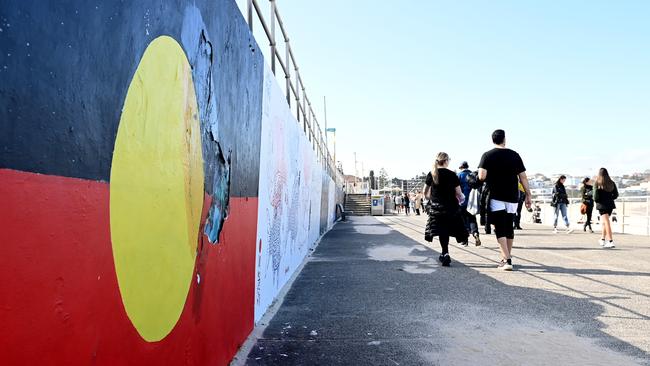
Importantly, there will be endless opportunities for leverage, lawfare and paralysing parliament and executive government when members of the voice head to the High Court. Now a practical example.
It is 2029. Australia is in the grip of a credit and banking crisis eerily similar to the global financial crisis in 2008, caused by banks indulging in imprudent subprime lending. Unable to borrow in global markets, Australian banks face a liquidity crisis. Bank runs have started and queues of desperate depositors are forming outside bank branches.
The banks reach a rescue deal with the federal government. The government will provide deposit guarantees and equity capital but in return the banks must agree to stringent new restrictions on lending. These include minimum 20 per cent deposit requirements for new housing and unsecured lending, and tough new income requirements for loan applicants.
Urgent legislation to give effect to all this is drawn up and is about to be debated by the House of Representatives when Gunditjmara woman Cleophas Thorpe* goes to the High Court seeking an injunction to stop the house from considering the legislation. Thorpe, a cousin of senator Lidia Thorpe and even more radical than her relative, is the leader of the Aboriginal and Torres Strait Islander voice established in 2023 by authority of the constitutional amendments announced by Anthony Albanese at Garma in mid-2022. The novel body, entrenched in the Constitution, has already broken into factions and Thorpe’s faction is the strongest.
Thorpe claims the proposed legislation cannot be introduced into the house until the voice has had a chance to consider it fully and make detailed representations. She says the legislation affects Aborigines and Torres Strait Islanders differently from non-Indigenous Australians because of their relative poverty. She says the bill raises serious issues of indirect discrimination and requires careful analysis to see if its effect on Indigenous peoples can be reduced. Thorpe argues Aboriginal and Torres Strait Islanders should, at a minimum, be largely exempt from the 20 per cent deposit requirement and the borrower income requirements.
The government points to provisions in the legislation establishing the voice passed under the new constitutional amendment that say banking regulation is not a matter for the voice and also say that the voice can be bypassed in emergencies.
The High Court disagrees. It holds that parliament has no power to proscribe matters allegedly beyond the reach of the voice. It points out that it alone has power to decide if legislation “relates to Aboriginal and Torres Strait Islander” people (to quote Albanese’s wording that was agreed to at a referendum).
The court says legislation that purports to exclude the voice from considering matters the High Court thinks “relate to” Aboriginal and Torres Strait Islander people is invalid. The court goes further and says the attempt to bypass the voice in emergencies is invalid. Albanese’s constitutional amendment contained no exemption for emergencies or any temporal or other limits on the voice’s power to scrutinise legislation in advance.
Indeed, the High Court says that to give proper effect to the constitutional requirement that the voice has the opportunity to make representations to parliament on proposed legislation, one must imply that the voice be given reasonable notice of intended legislation and the time and resources to consider it properly.
Once that is done, there is an implied obligation on parliament to give reasonable consideration to the representations made by the voice and give reasons if it rejects those representations. Legislation that does not meet these requirements will be invalid, says the High Court. Although it might not agree with Thorpe’s arguments about the need for specific exemptions for Indigenous people from the proposed law, the court does agree the proposed legislation “relates to” Aborigines and Torres Strait Islanders because it affects them differently to non-Indigenous people and therefore should have been given to the voice in time for it to make representations to the parliament before submission to the House of Representatives.
The High Court says a reasonable time for the voice to consider the legislation in its final agreed form is at least a month before submission to the house. If there are material amendments made to the legislation after the voice has finished with it, but before passage, the amended legislation must go back to the voice for a further month-long consultation.
The government is shocked. The High Court heard Thorpe’s application urgently, but still, in that time, several regional banks have become insolvent. Pointing to the increasing panic among depositors and looming insolvency among even the major banks, the government begs Thorpe to convene the voice urgently and finalise consultations within days.
Thorpe hates the banks and couldn’t care less about depositors who come from coloniser stock. She’s not inclined to agree to the government’s request. Unless of course her separate wish list is satisfied. That list contains radical demands that, in 2023, many Australians would have thought would not form part of the voice. But Thorpe says her radical demands are a small price to pay to save the banking system.
Returning to 2022, it beggars belief that the Attorney-General and the Prime Minister have not released legal advice they surely must have sought and received about the constitutional implications of entrenching a voice in our founding document. That legal advice ought to be ours given that the government wants voters to alter how we are governed. If Mark Dreyfus and Albanese have not sought and received legal advice, that is a damning dereliction of their duty to treat the Constitution with care.
In a logical world, when a group of people recommends an idea, claiming it is a reform that will improve our society, they explain it to us. Most reforms, after all, involve a group of winners and losers. Economists call it concentrated benefits, when the upside is shared by a small group, and diffuse costs, meaning the downside is spread across a larger one.
When you want to put that idea in our Constitution, working out the details, thrashing out the cost-benefit arguments, so we can intelligently decide whether to vote yes or no is even more important. Alas, those proposing the voice think little of logic and less of voters.
*Cleophas Thorpe is a fictitious person used in this hypothetical example of the voice.


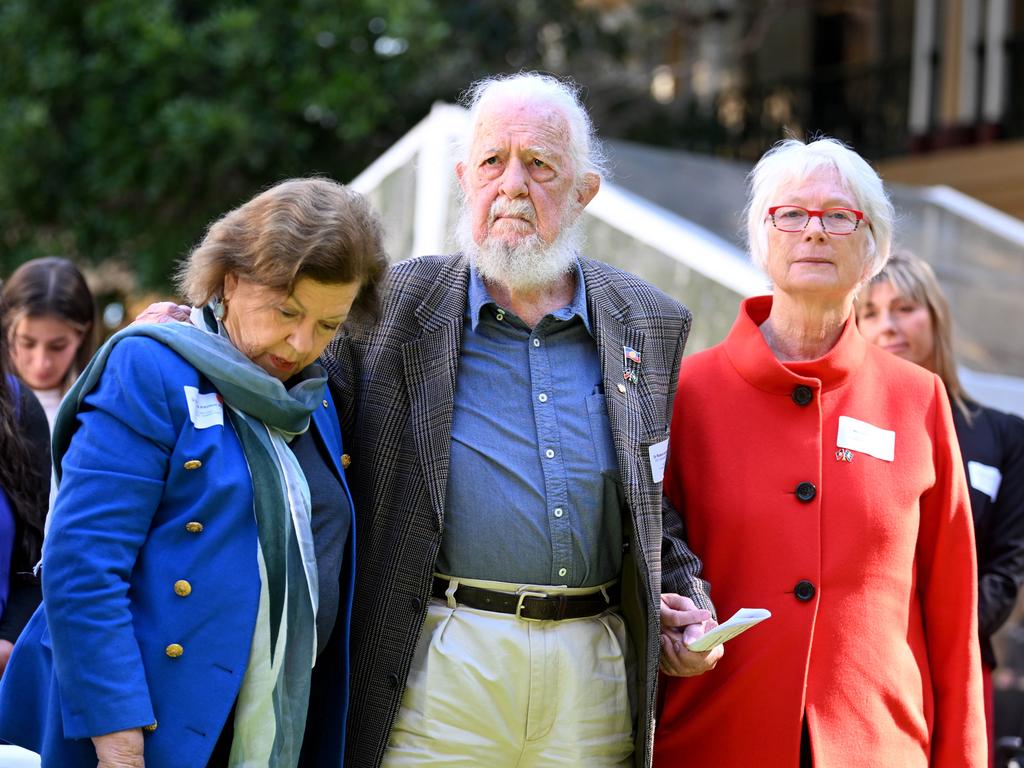
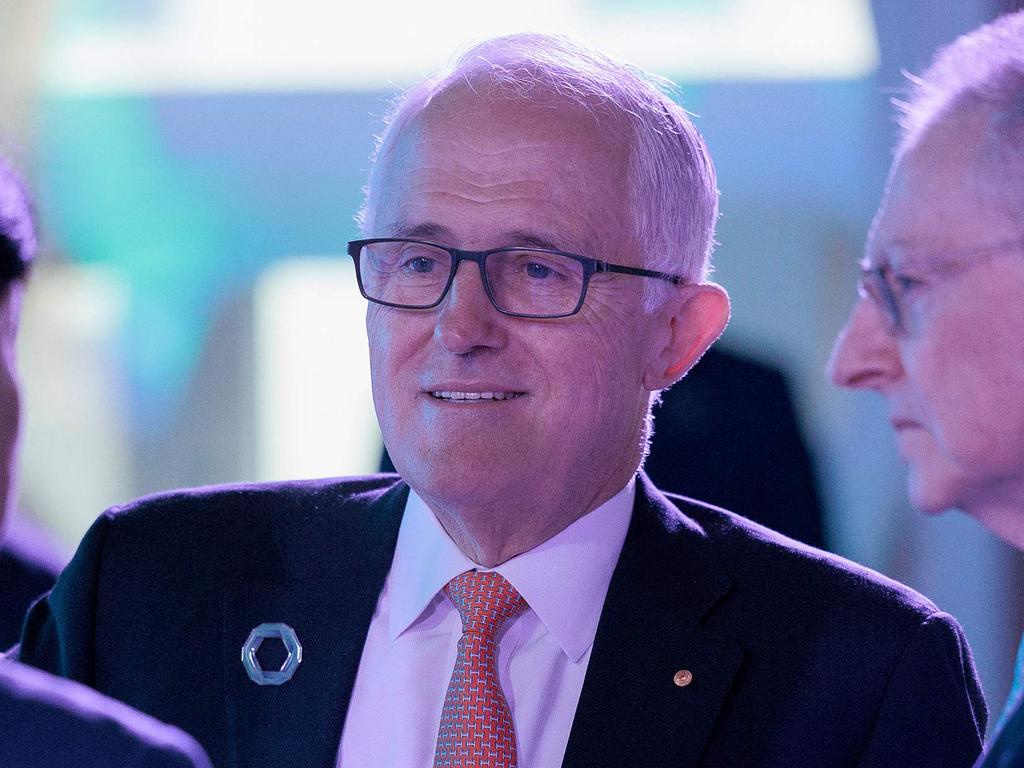
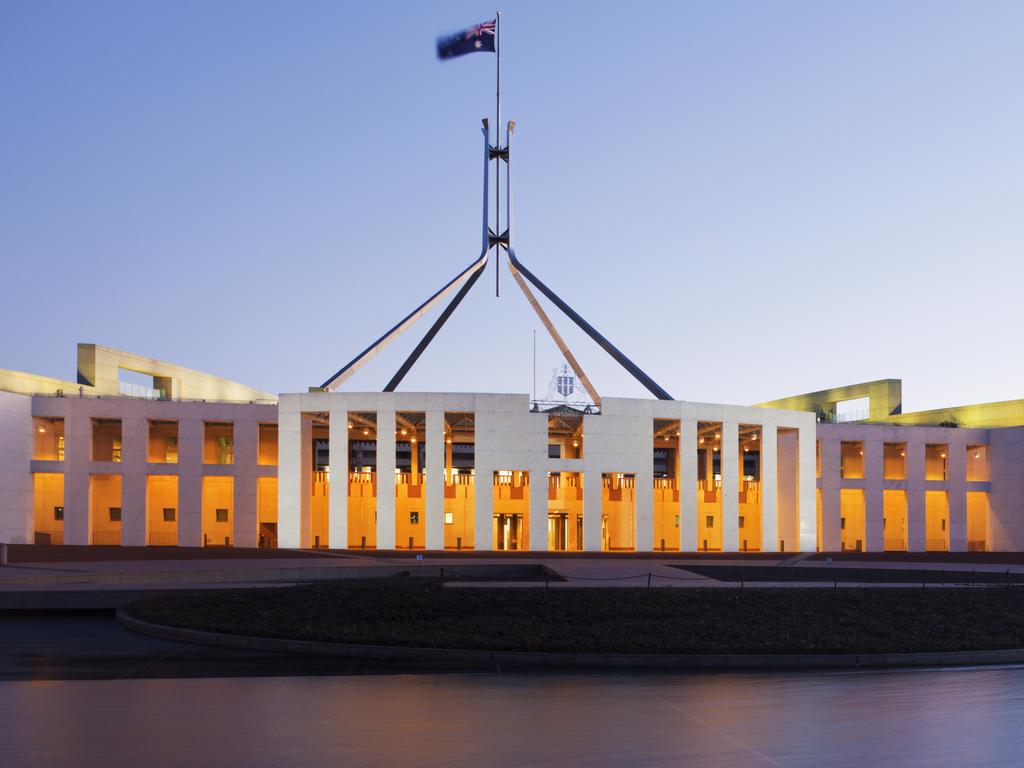
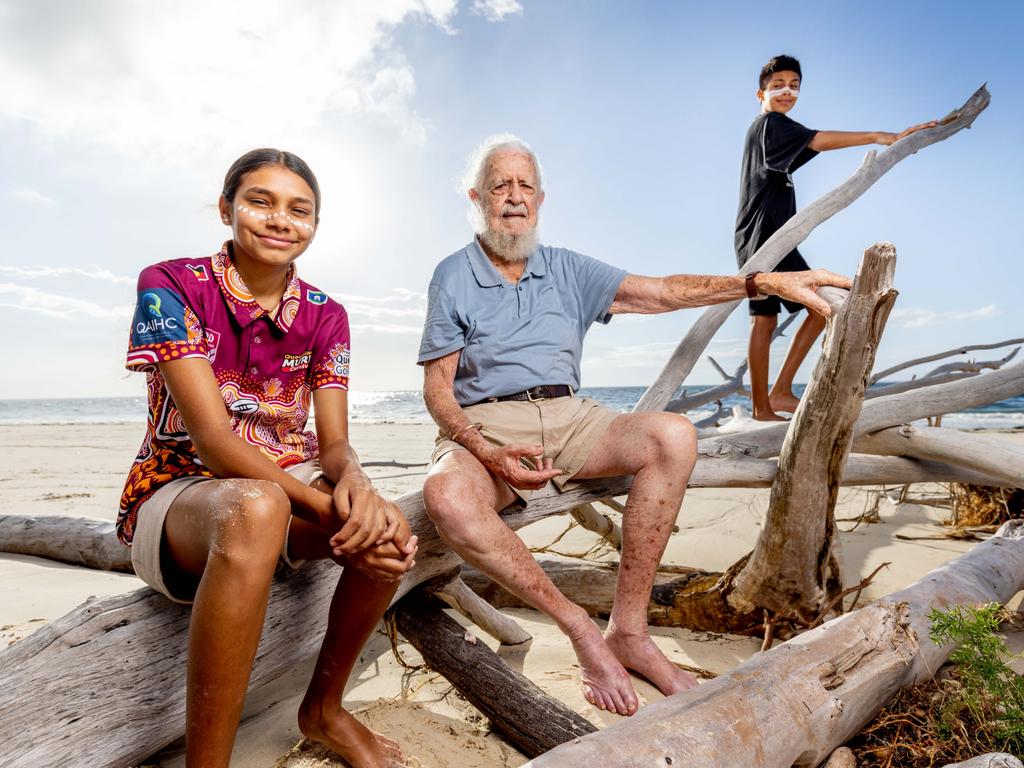


This is the second in a three-part series about the voice. In The Weekend Australian last Saturday I set out the legal reasons for concluding that the High Court would have wide discretion to dictate the functions and powers of a constitutionally entrenched Indigenous voice, and parliament could do nothing to stop that.